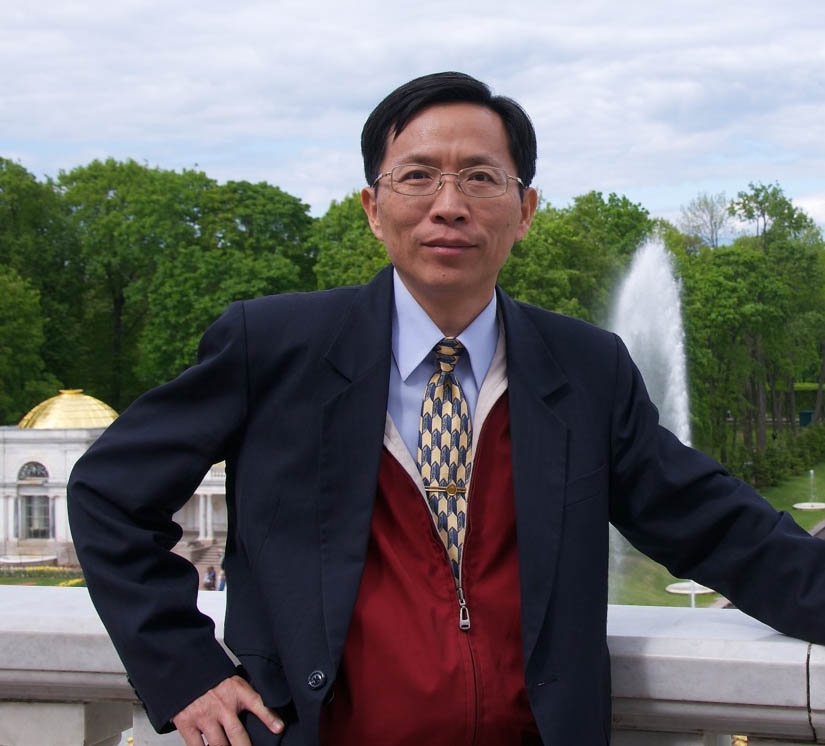Invited Speaker

Prof. Chitsan Lin
Department of Marine Environmental Engineering, National Kaohsiung University of Science and TechnologySpeech Title: Green and sustainable remediation- an innovative bioremediation of PCDD/F contaminated field soil
Abstract: Green and sustainable remediation (GSR) is a newly promoted low carbon footprint remediation approach. In this study, an example of polychlorinated dibenzo-p-dioxins and dibenzofurans (PCDD/Fs) contaminated soil bioremediation is demonstrated. PCDD/Fs contaminated soil is a serious global issue. This study examined bioremediation techniques, food waste composting and mycoremediation, to degrade the PCDD/Fs in contaminated field soil. The soil was prescreened to obtain the soil particle size 0.105 – 0.250 mm (ca. 67% of the whole soil), which had a PCDD/F concentration of 14,000 ± 2400 ng I-TEQ kg-1. The contaminated soil was mixed with the food waste to prepare initial composting mixture and fermented for 42 days. For the mycoremediation, the soil was inoculated with Pleurotus pulmonarius and incubated for 72 days. The total PCDD/F concentration reduced to 1,916 ng I-TEQ kg-1 (removal efficiency of 75%). The microbial community was identified by next-generation sequencing (NGS), and results show numerous bacterial species that supported PCDD/F degradation during the composting. In the another mycoremediation experiment, the overall PCDD/F removal was 96%, and the residual concentration (276 ng I-TEQ kg-1) was below the regulatory control limit (1000 ng I-TEQ kg-1). The food waste composting and mycoremediation using P. pulmonarius can successfully remediate the PCDD/F-contaminated field soil. Direct treatment of the non-sterilized soil also makes our bioremediation techniques feasible to develop into actual field application.
Biography: Dr. Chitsan Lin is a professor of the Department of Marine Environmental Engineering at the National Kaohsiung University of Science and Technology (NKUST). He was the Dean of the College of Ocean Engineering in 2009-2012. Dr. Lin obtained his Master of Environmental Engineeing from the New Jersey Institute of Technology in 1988. He then joined USEPA Region II to serve as a member of Technical Assistance Team for two years. Finally Dr. Lin obtained his Ph.D. of Environmental Engineering from the University of Connecticut in 1995. During the past 27 years, Dr. Chitsan Lin has published more than 200 SCI papers. He was an editorial board member of the Environmental Engineering Science and served as guest editors for various journals. He also has a strong linkage with international societies particularly in the Southeast Asian Countries. Dr. Lin not only devotes himself in the academic research, he also serves as a volunteered environmental educator to assist in the community out reach programs. Recently, Dr. Lin has dedicated in the climate changes public and industrial awareness education. He is a certified ISO 14064-1:2018 Lead Verifier. With the internationally recognized certification, he is leading a group of on-scene verifiers to investigate the Greenhouse Gases Inventory for industrial organizations in Taiwan to produce their annual GHG Report along with strategic suggestions for GHGs reduction.
